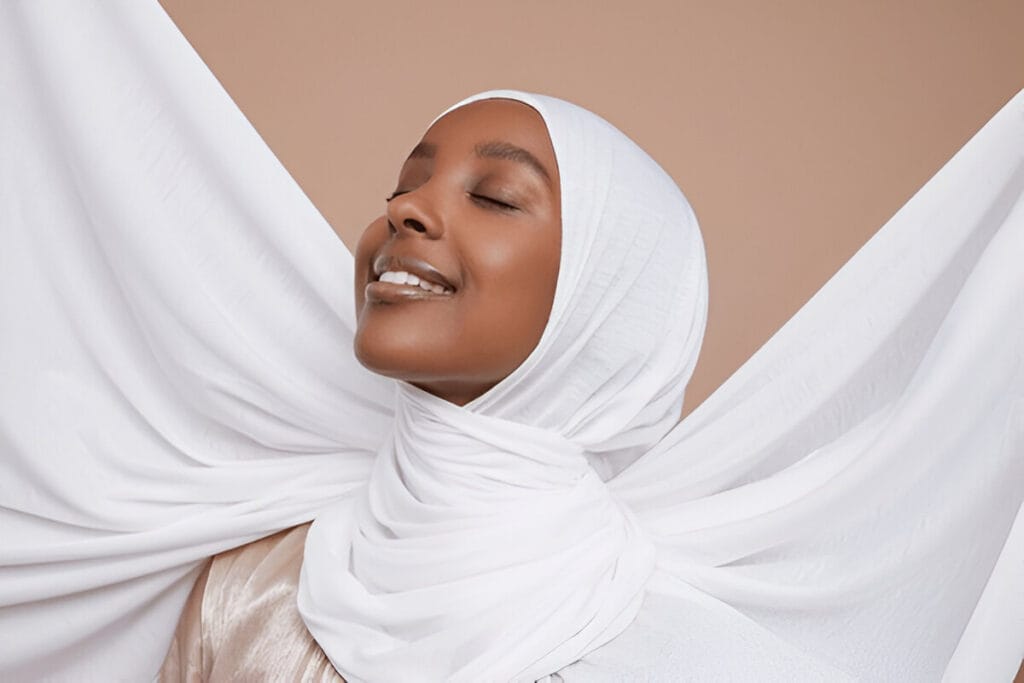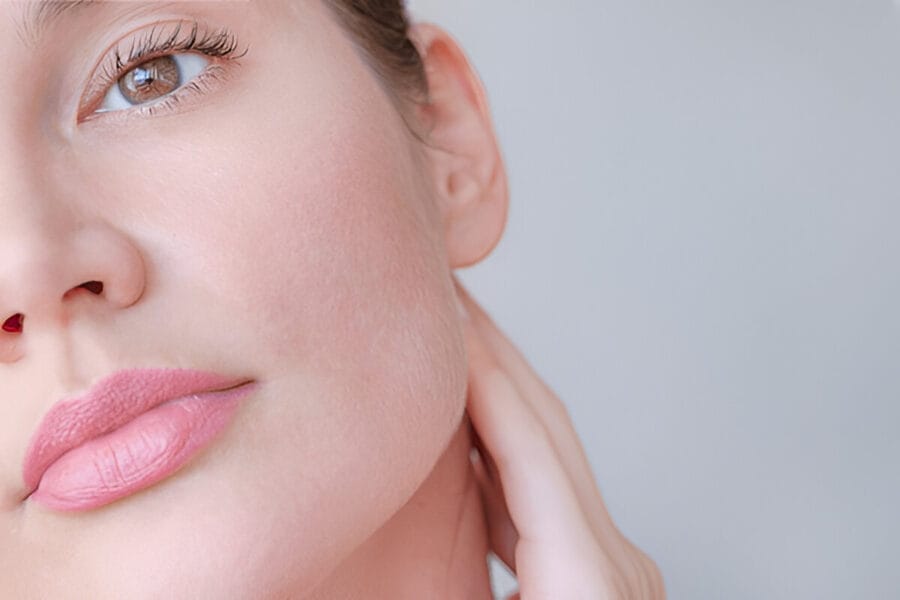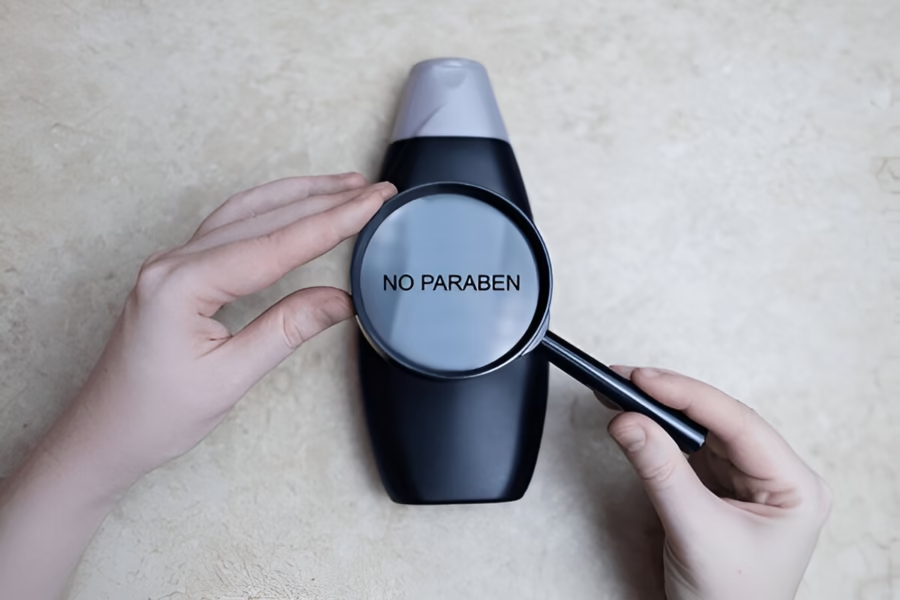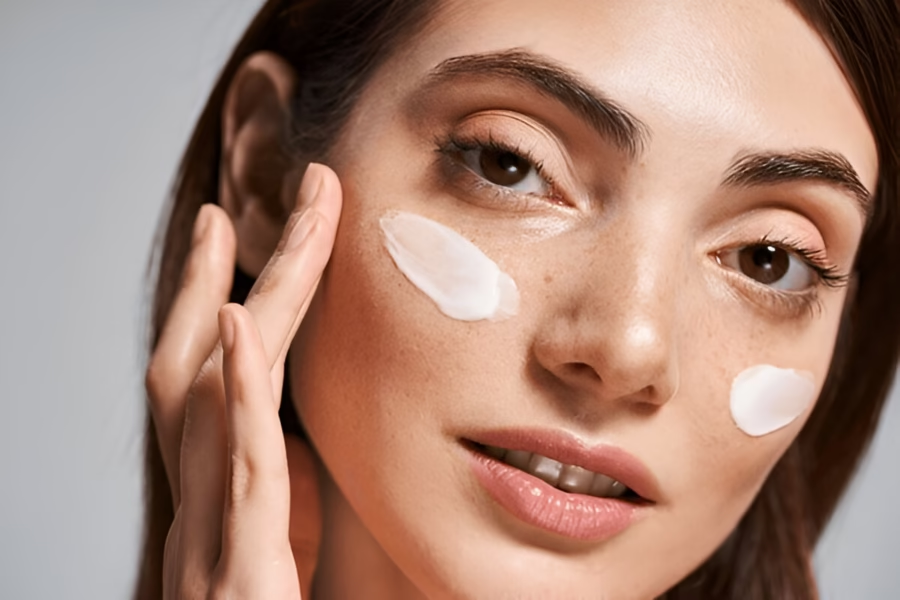Moisturizers are essential for keeping your skin hydrated, soft, and glowing, but with so many options out there, it can feel like a maze to pick the right one. Among the vast variety, glycerin often stands out as a common ingredient in skincare products, But how does it compare to other moisturizers, and Which one is best for you? Let’s explore the differences, benefits, and why glycerin might just be your skin’s new best friend.
In This Article
- What Is Glycerin?
- How Do Moisturizers Work?
- Glycerin: A Skincare Superstar
- Other Popular Moisturizing Ingredients
- Glycerin vs. Hyaluronic Acid
- Glycerin vs. Ceramides
- Glycerin vs. Oils
- How to Choose the Right Moisturizer
- Final Thoughts
What Is Glycerin?
Glycerin, also known as glycerol, is a natural compound derived from plant oils or animal fats, It’s a humectant, meaning it draws water from the air or deeper layers of the skin to the surface, keeping your skin hydrated.
This ingredient is a staple in skincare for a reason—it’s gentle, effective, and works for all skin types, from dry to oily.
How Do Moisturizers Work?
Before diving into comparisons, let’s understand how moisturizers work, Most moisturizers fall into three categories based on their primary function:
- Humectants: Attract water to the skin (e.g., glycerin, hyaluronic acid).
- Emollients: Fill in the gaps between skin cells, making skin feel soft (e.g., shea butter, squalane).
- Occlusives: Create a barrier to lock in moisture (e.g., petroleum jelly, beeswax).
Glycerin: A Skincare Superstar
Glycerin is one of the most versatile humectants available, Here’s why it’s so popular:
- Deep Hydration: It draws water into the skin, providing lasting hydration.
- Skin Barrier Repair: Glycerin helps strengthen your skin’s protective barrier, keeping irritants out.
- Non-Irritating: Suitable for sensitive skin, it rarely causes reactions.
- Lightweight and Non-Greasy: Perfect for those who dislike heavy moisturizers.
Other Popular Moisturizing Ingredients
Let’s break down some common ingredients you might see in your moisturizers:
- Hyaluronic Acid: Another humectant that’s great for hydration.
- Ceramides: Lipids that restore the skin barrier.
- Oils: Nourish and lock in moisture (e.g., argan oil, jojoba oil).
- Urea: Hydrates and gently exfoliates, making it ideal for dry, flaky skin.
Glycerin vs. Hyaluronic Acid
Both are excellent humectants, but here’s how they differ:
- Hydration Depth: Glycerin penetrates deeper, while hyaluronic acid works more on the surface.
- Consistency: Glycerin has a slightly thicker, stickier texture compared to the silky feel of hyaluronic acid.
- Stability: Glycerin is more stable and less likely to degrade in harsh conditions than others.
Verdict: If you need deep hydration, glycerin wins, For a lightweight feel, opt for hyaluronic acid.
Glycerin vs. Ceramides
Ceramides focus on repairing the skin barrier, while glycerin draws in water. They’re not rivals but complementary.
Verdict: Use them together for maximum hydration and barrier support.
Glycerin vs. Oils
Oils are occlusives that lock in moisture, while glycerin attracts it.
- For Dry Skin: Combine oils with glycerin for ultimate hydration.
- For Oily Skin: Glycerin alone may be enough without adding oils.
Verdict: Choose glycerin if you prefer a non-greasy feel or layer it under oils for an extra boost.
How to Choose the Right Moisturizer
When deciding between glycerin and other moisturizers, consider your skin type and concerns:
- Dry Skin: Look for products combining glycerin with ceramides or oils.
- Oily Skin: A lightweight, glycerin-based moisturizer works best.
- Sensitive Skin: Glycerin is a safe bet, but avoid added fragrances or alcohol.
- Aging Skin: Pair glycerin with anti-aging ingredients like peptides or retinol.

Ammore Pro Tip
For a balanced routine, use glycerin as a base layer to hydrate, then seal it in with a ceramide cream or facial oil for lasting moisture.
Wrapping Up
Glycerin is a skincare MVP for good reason—it’s affordable, versatile, and effective for most skin types, While other moisturizers have their benefits, glycerin’s ability to hydrate deeply and work well with other ingredients makes it a standout choice.
So, which is better? It depends on your skin’s needs! Experiment, listen to your skin, and don’t be afraid to mix and match for the ultimate hydration routine.
For more skincare tips and advice, check out Here and learn about other powerful ingredients that can boost your beauty routine.
Do you have questions about or favorite glycerin-based products? Let’s chat in the comments below!





